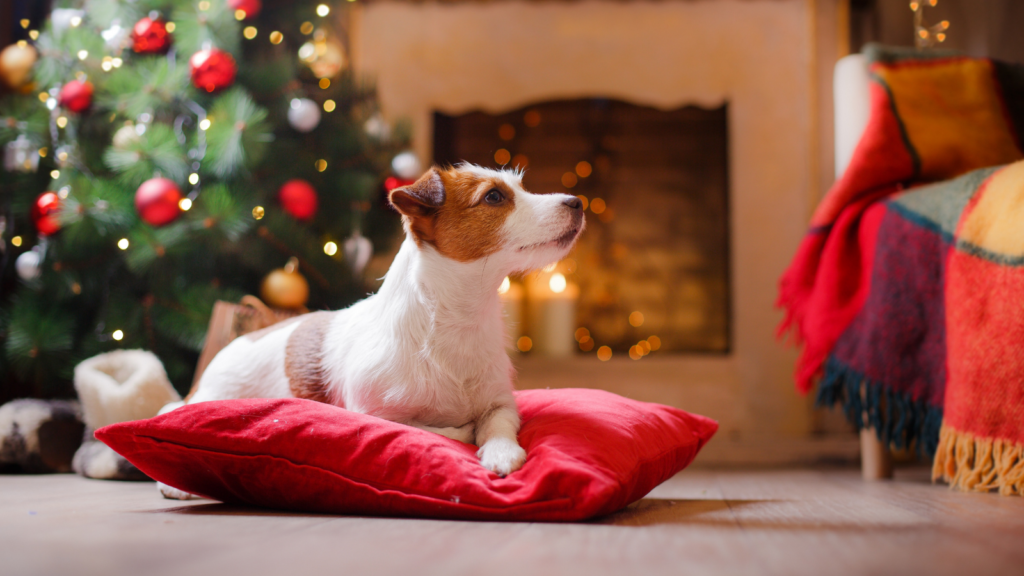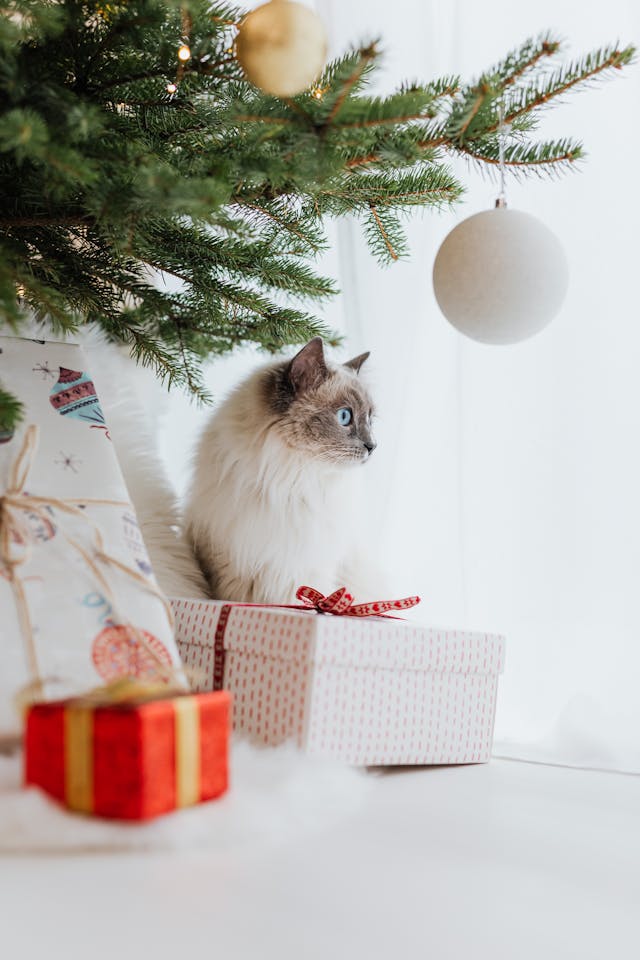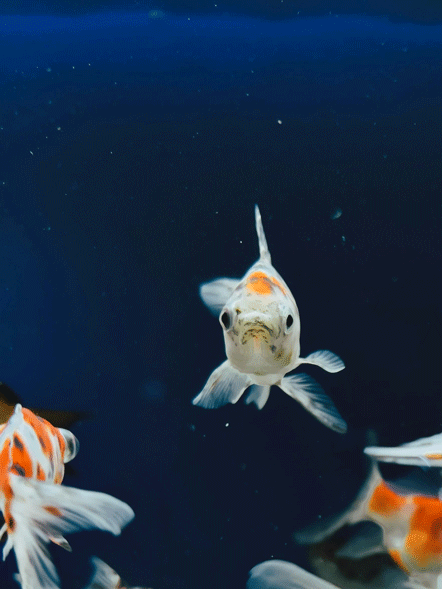Furry Festivities: Keeping Your Pets Safe and Happy This Holiday Season
The holiday season is fast approaching, bringing with it excitement, magical decorations, delicious foods, family gatherings, and thoughtful presents, making us all feel even more happy and festive.
This special time of year is all about cherishing moments of joy, and part of that joy is ensuring our furry friends feel safe and included. With a little extra care and attention, we can make this festive time as delightful for them as it is for us, while avoiding any unexpected mishaps.

Manage Visitors in the house:
Some pets may become anxious or stressed with a lot of visitors. If you have a house full of relatives, ensure your pet has a quiet space where they can retreat if they feel overwhelmed. Remind guests not to feed your pets any table scraps and to be cautious when opening doors, as pets may try to escape.
The Christmas table is set, the food smells amazing, and family members are gathered to enjoy the celebration. Before sitting down together, it’s important to remind everyone that certain human food can be toxic to pets. Whether you have pets or are visiting a home with them, knowing this information can help prevent sneaky treats being given under the table and keep our furry friends safe.
Beware Chocolate and Sweets:
Over the festive season, it may be more tempting to give your pet a human food treat. However, treats such as chocolate can be toxic for pets. Even small amounts of chocolate can be extremely dangerous causing vomiting, diarrhoea and sometimes more serious problems.
Avoid Raisins and some Nuts:
Grapes and their dried variants, such as currants, sultanas, and raisins, as well as macademia nuts, pose severe health risks to dogs. These ingredients are commonly found in Christmas favourites like fruitcake, pudding, and mince pies. Onions and garlic are another potential hazard as they can upset a pet’s stomach.
Keep Alcohol Out of Reach:
Pets can be affected by alcohol in much the same way as people, resulting in symptoms such as wobbliness and drowsiness. In severe cases, it can be highly toxic. Keep pets away from any unattended glasses of alcohol left around during the festive season.
Christmas Dinner Leftovers Should be Kept for People:
Human food, especially the rich and fatty dishes typically enjoyed during the holidays, can lead to sickness and digestive problems in our pets. Additionally, cooked bones from a turkey or goose, that people might think is a nice treat, can splinter and puncture the digestive tract. If you want to treat your pet, choose specially formulated commercial treats. It is recommended that no more than 10% of a pet’s calorific intake over a week or day come from treats.
After the Christmas feast, it’s probably time to exchange gifts and enjoy the beautifully decorated, festive atmosphere of the house. However, this part of the celebration also comes with a few hazards for your pets that require extra attention.

Tinsel and Tree Decorations
Pets love to play, particularly with new ‘toys’ and festive decorations such as baubles, tinsel, tree lights plus wrapping paper and ribbons can seem like attractive playthings to curious pets. However, they can be very dangerous if broken or ingested. Also, be extra careful to keep batteries somewhere safe.
Poisonous Plants
Poinsettia, holly, mistletoe and ivy are toxic to cats and dogs causing stomach upset. Watch out for the sharp needles on Christmas trees too.
Loud noises and fireworks
To keep pets safe and calm during fireworks or other noisy events, it’s important to prepare for the potential stress caused by loud sounds. You can find more information in our previous blog and on the FECAVA website.
Seek Veterinary Care if you’re concerned:
While we can do our best to pet-proof our homes during the holiday season, accidents can still happen. If you ever suspect that your pet has ingested something harmful, consult your veterinarian immediately. Rapid intervention can make all the difference in ensuring a happy and healthy holiday season for your pets.
Extra Reading:



